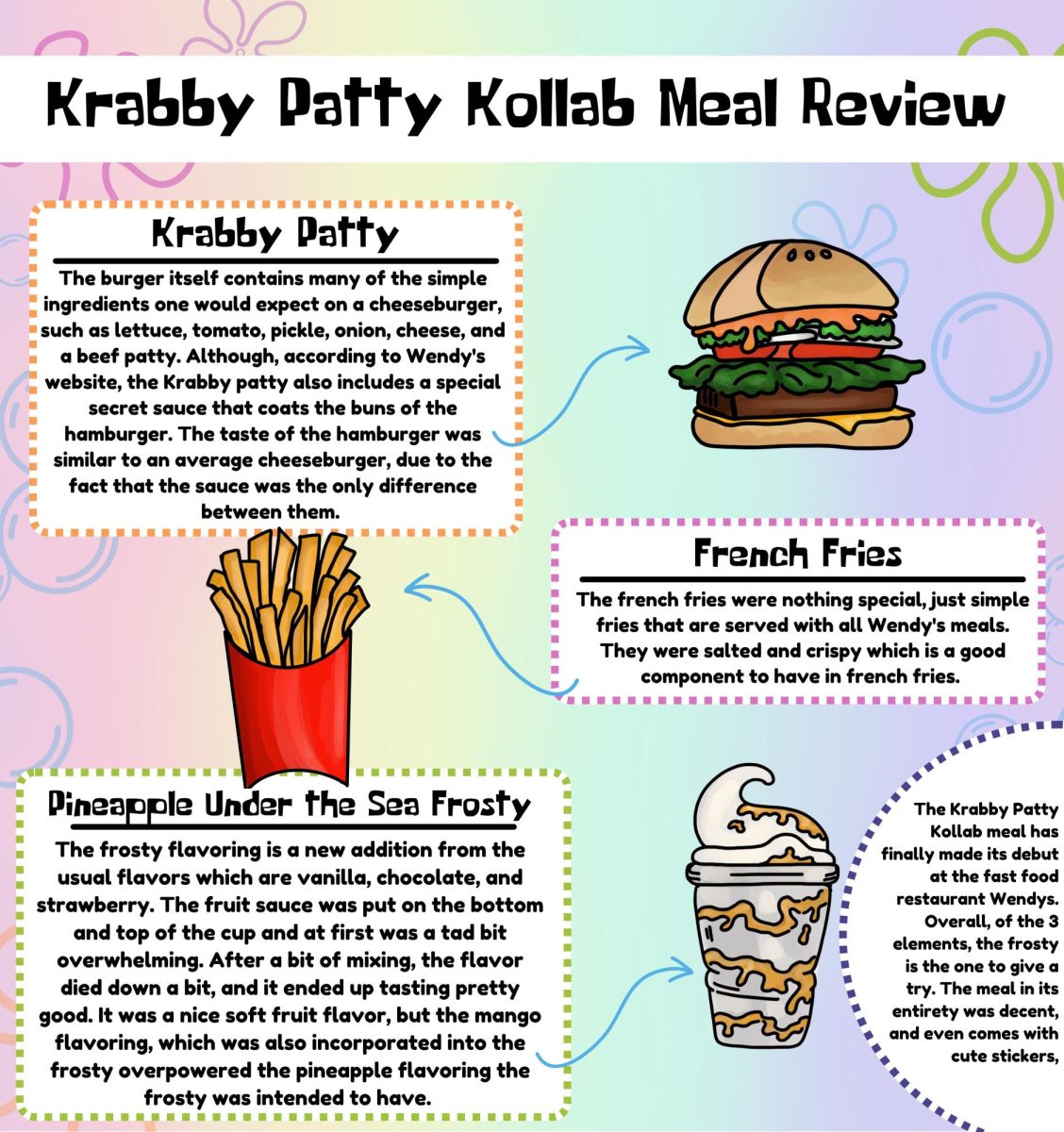When it comes to managing and understanding bank accounts, reading Jane Austen in English class is super helpful. It would be difficult to express what a lifesaver algebra is when attempting to change the oil on a car. Oh, wait…those classes are actually futile to teenagers when endeavoring what could be considered common tasks of an adult life.
As teens, high school kids are trekking the muddy, confusing path to becoming an adult (ah, age eighteen, when buying a ladder becomes a reality), and are assisted by the guidance of parents or guardians and friends. Although teachers have the education factor completely covered, important academic subjects, such as that algebra or English class, only assist in expanding one half of a teen’s brain.
Once the senior class graduates, their minds will be furnished with the scholastic information required to attend college, commence a full-time job, or join the army: basically any post-graduate path. But they will be lacking one thing: real-life application, or those ever-elusive “street smarts.”
Although an economics class may offer an overview and explanation of objects of monetary concern, the actual process of engaging in these types of activities remains absent. According to WDTNTV, business-technology class students at Bellbrook High School in Dayton, Ohio managed a Credit Union at their own school in 2009. Through this, the students were able to facilitate teaching students at the school how to manage their own money, offering opportunities for them to actually obtain debit cards, deposit checks, and handle money. This installment teaches kids first-hand how to manage a bank account before they leave high school.
For those students attending the lecture hall-filled, young adult-packed freedom ground that is college, it can be dizzying searching for majors and what to do. At Arizona State University, students have 250 majors to choose from, according to the New York Times. “Undecided” is also the most popular major selected at the University of Chicago, according to the university itself. This type of initial confusion could be avoided if students were presented with a program with which they could explore their talents. Although electives may be an outlet for this, the increasing requirements for the standard classes of English, history, math, and science, as well as two years of a foreign language, fine arts credit, physical education credit, and a health credit leave little space for exploring. A student may obtain important building blocks for an academic education through Honors and AP classes, but still have no idea how to apply such concepts to a field of study or future career.
Teens spend seven plus hours a day at school, not counting the time it takes to complete homework, so the responsibility of preparing kids for life post-graduation should not fall solely on the shoulders of parents or guardians. A “real-life application” course should be required in order for each student to graduate. Not as a poorly planned, half semester blow-off course, but as a year-long commitment by each person attempting to walk at graduation. This type of class could possibly be the most important to students in adjusting to life past high school.


